
Women’s History Month offers the opportunity to celebrate the many ways that women leaders have contributed to shaping our world. This month, WLP invites you to explore and share the stories of activists from around across the globe who have dedicated their lives to advancing gender equality and safeguarding human rights.
This blog series introduces you to a selection of the gender equality activists and scholars featured in WLP’s oral history archives. Their experiences provide insights into feminist movements from around the world as well as learnings and inspiration for the next generations of future leaders. Check out Part One here and stay tuned for Part Three coming March 28.
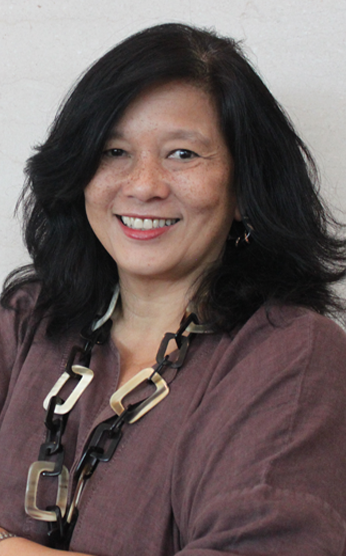
Zainah Anwar (Malaysia)
Zainah Anwar is a leading feminist activist and intellectual. She is the co-founder and former Executive Director of Sisters in Islam (SIS Forum) and the co-founder and Director of Musawah, a global movement for equality and justice in the Muslim family. In her oral history Anwar describes her journey into feminist activism amidst a patriarchal and religiously conservative Malaysia. She discusses her work to reclaim Islam for women through a feminist lens.
Listen to the full oral history here.
"There is an urgent demand for our work, for our voice and the concepts that we are espousing to be heard. And to really break this binary that all the forces of evil are with Islam and all the forces of good are with Human Rights. And what the framework, the holistic framework that Musawa has developed, the Musawah framework for action, which grounds the demands for change, the demands for equality and justice in Islamic arguments, in human rights principles, in constitutional guarantees of equality and non-discrimination and in the lived realities of men and women." - Zaniah Anwar on feminism and Islam and founding Musawa
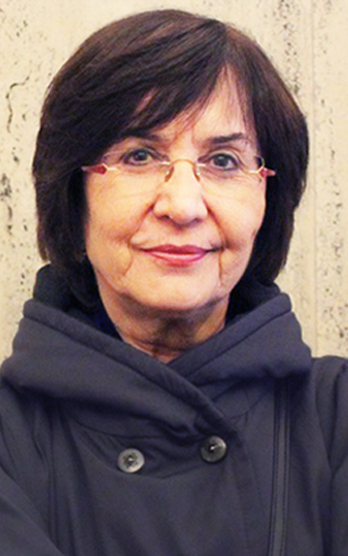
Yakin Ertürk (Turkey)
Yakin Ertürk is a professor and activist who served as the United Nations special rapporteur on violence against women and board member of the United Nations Research Institute for Social Development. In her oral history Ertürk recounts growing up in a family of activists in Turkey and the United States, and the inspiration she took from the US Civil Rights movement. She details her work on issues including violence against women, rural development, gender-sensitive budgeting, and women’s rights within UN mechanisms.
Listen to the full oral history here.
"Each of these countries had their very specific context and they provided a great opportunity to make comparisons and identify the universal and the particular aspects of women’s realities. One might say, ‘Oh for God’s sake, why would you go to a country like Sweden when focusing on violence against women?’ Some argued that by going to Sweden and Holland I was trying to be politically correct; others assumed that I looked at the situation of immigrant women in these countries. Both views reflect stereotypes about VAW and gender relations." - Yakin Ertürk on travel as a special rapporteur
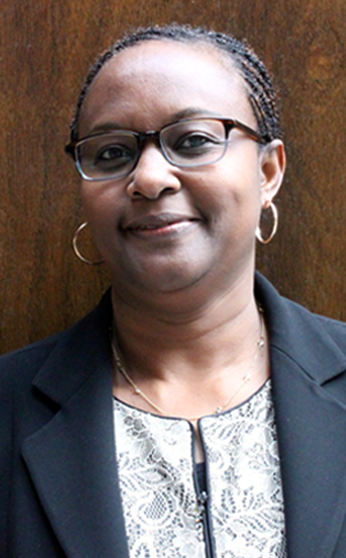
Anne Gahongayire (Rwanda)
Anne Gahongayire served as Secretary General of the Ministry of Gender and Family Promotion in the Republic of Rwanda. In her oral history recounts growing up in a Ugandan refugee camp, and how schooling and literacy gave her upward mobility. She details her work on women empowerment programs including literacy campaigns, civic education, and social and economic projects for women.
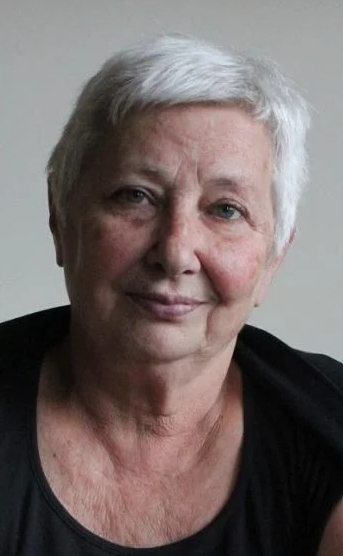
Marieme Hélie-Lucas (Algeria)
Marieme Hélie-Lucas is a sociologist, political theorist, author, and founder of Women Living Under Muslim Laws (WLUML). She also founded Secularism Is A Women’s Issue, which challenges all forms of fundamentalism. In her oral history Hélie-Lucas recounts her childhood in a family of feminists in 1940s Algiers and the liberation struggle of Algeria. She speaks on issues including international solidarity movements, family law, and Muslim reproductive rights.
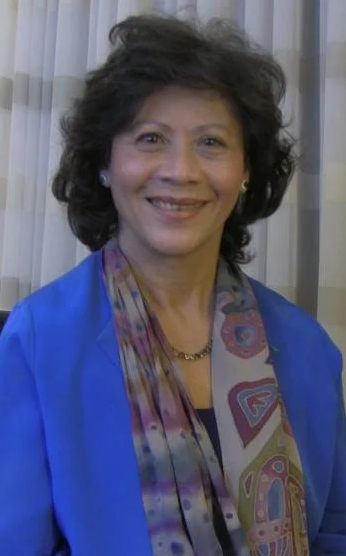
Noeleen Heyzer (Singapore)
Noeleen Heyzer is a social scientist and served as Under-Secretary-General of the United Nations (2007 - 2015) and currently serves as the United Nations Special Envoy on Myanmar. In her oral history, Heyzer describes growing up amidst the changing political atmosphere in Southeast Asia during the 60’s and how that inspired her revolutionary career. She speaks on issues including women’s labor rights, migration and refugee rights, and sexual and reproductive health.
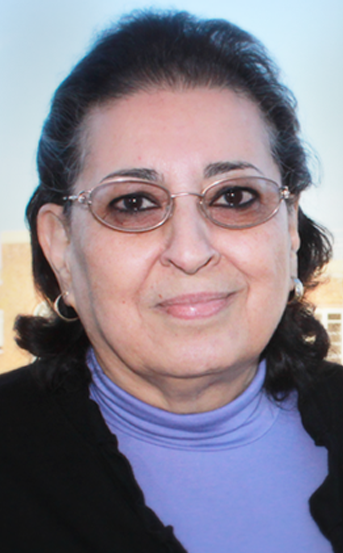
Thoraya Obaid (Saudi Arabia)
Thoraya Obaid is former Under-Secretary-General of the United Nations and Executive Director of the United Nations Population Fund (UNFPA). A recipient of numerous awards, she was ranked among the 50 Most Powerful Arab Women by Forbes magazine in 2004 and 2011. In her oral history, Obaid describes her journey as a young activist to the United Nations, where she pioneered work on issues including women’s needs post violent conflict, family planning, and religious extremism in politics.
Listen to the full oral history here.
"My mom is also from Medina. She has a third grade education. But she’s…what I used to call her when I joke with her, I used to call her the first feminist of the Arabian peninsula. She was a very special woman, eager for education, wanted her children to have a different life, especially the girls. And so I think both of them invested in me all their energies in terms of having a different life, a better life, but based on education and faith, because they felt that if I can get educated then I would be a better believer but also, and also, that would help me make the right decisions in my life." -Thoraya Obaid on her mother and the importance of education.
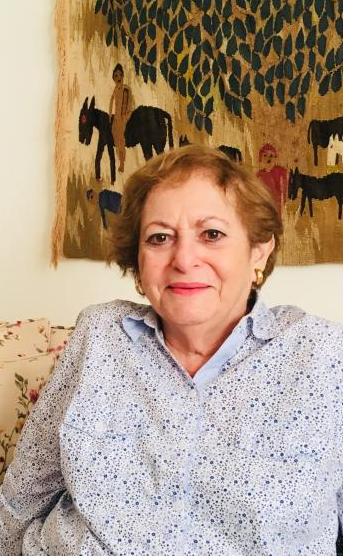
Jean Said Makdisi (Palestine)
Jean Said Makdisi is a celebrated author and scholar, and the sister of Edward Said. In her oral history, Makdisi describes being raised in Lebanon during the Lebanese Civil War and the 1982 Israeli invasion, which led her to write her first book, Beirut Fragments: A War Memoir (1989). She speaks on issues including the intersection of class, gender, and race in oppression, VAWG in conflict, and her experience as a Palestinian woman abroad.
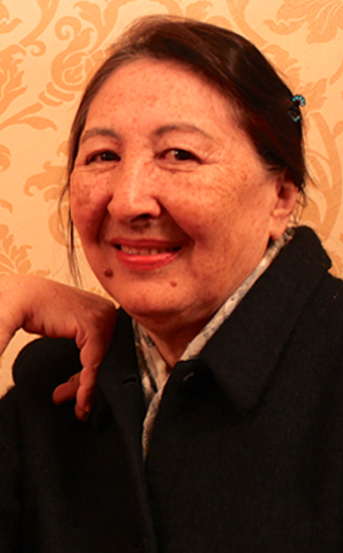
Marfua Tokhtakhodjaeva (Uzbekistan)
Marfua Tokhtakhodjaeva is an author and journalist. From 1995 to 2005, she was Chairperson of the Women’s Resource Center in Tashkent (TWRC), one of the first civil society organizations to address the rights of women and the social problems of urban and rural women in Uzbekistan. In her oral history Tokhtakhodjaeva describes her struggle as a feminist activist in an increasingly repressive Uzbekistan, and the history of feminist politics in Central Asia.
Listen to the full oral history here.
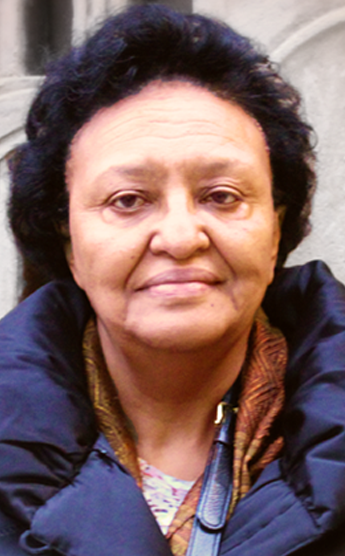
Zenebework Tadesse (Ethiopia)
Zenebework Tadesse is a sociologist and activist whose work has focused on gender and democratization across Africa, and women’s land rights. She is a founding member and first Executive Director of the Association of African Women for Research and Development (AAWORD). In her oral history she recounts becoming an activist in an increasingly destabilized Ethiopia post World War Two. She speaks on issues including colonialism and the Global North international development mechanism, African liberation movements, and the fight for women’s civil society organization.
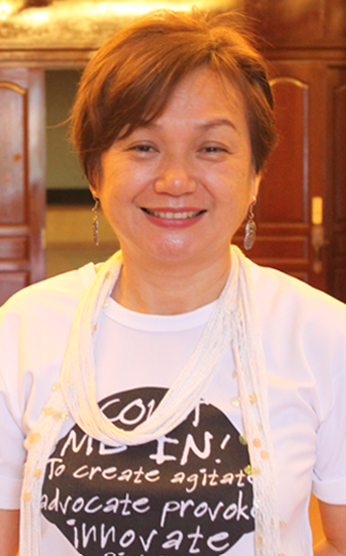
Ho Yock Lin (Malaysia)
Ho Yock Lin (Malaysia) is a women’s rights activist and Co-founder and President of All Women’s Action Society (AWAM). She served with a number of NGOs including the Women Section and the Human Rights Committee of the Selangor Chinese Assembly Hall, and the Sabah Women Action Resource Group (SAWO). In her oral history she recounts her journey of joining the global women’s movement and political activism in Malaysia. She speaks on issues such as ending violence against women and promoting women in leadership.
Listen to the full oral history here.
"I just realized that I am not the only one. All of us have similar stories. We all have a, what we now use this term, collective memory, collective experiences, you know, and yet we always think you know, I am the only one suffering from these sort of subordinations, you know, a woman’s place is always in the kitchen…so all of us we share that...Yes, with other cultures. So it’s not only within our own Malaysian, Singaporean groups, you know. Our Iranian friends, our Pakistani friends, our Indian friends. So we all realized that actually it was a common…it was such a common challenge you know, facing us." - Ho Yock Lin on the shared struggles facing women around the globe.
Related Content
Voices from the Feminist Movement: Exploring Women's Oral Histories for Women's History Month (Part Three)
In the month of March people around the world celebrate the many ways that women leaders have contributed to shaping our world. This women’s history month we invite you to explore and share the stories of activists who have dedicated their lives to advancing the rights of women and girls and safeguarding human rights.
Voices from the Feminist Movement: Exploring Women's Oral Histories for Women's History Month (Part One)
In the month of March people around the world celebrate the many ways that women leaders have contributed to shaping our world. This women’s history month we invite you to explore and share the stories of activists who have dedicated their lives to advancing the rights of women and girls and safeguarding human rights.